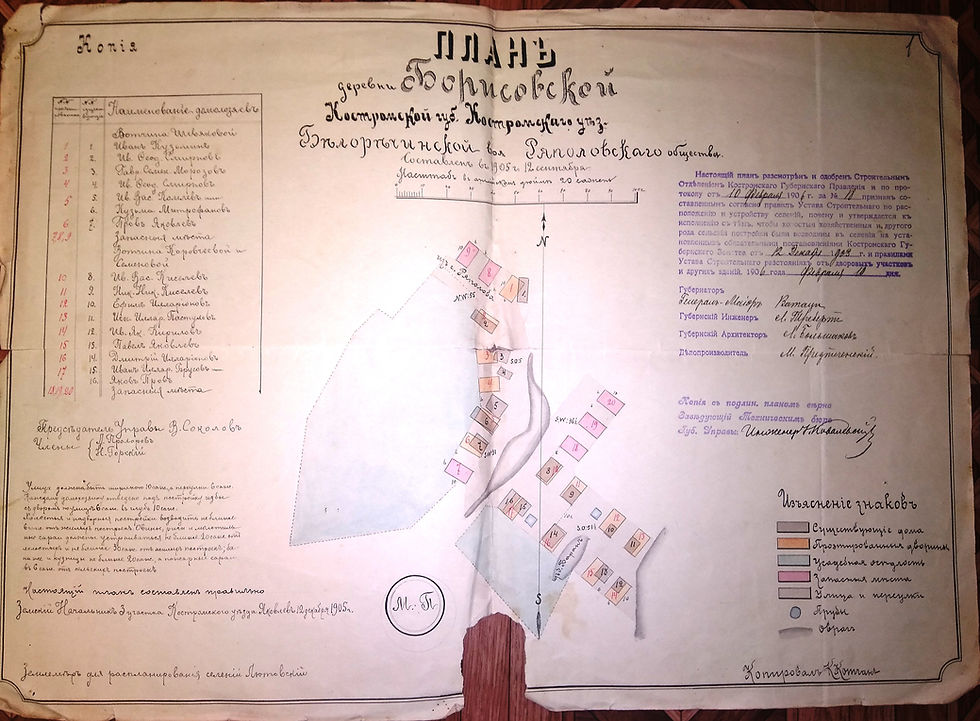A Russian Translator’s Journey Through Georgia
- Yelena McCafferty

- May 4, 2025
- 2 min read
“Only Arabic, Persian or Turkish speakers might be able to understand a word or two”, our Georgian guide George told us on a road trip out of Tbilisi before breaking into Georgian, none of which I could understand.
“The fact that both Georgia and Russia adopted Orthodoxy is just a coincidence”, was another thing he said. “In fact, Georgia became Christian more than six centuries before Russia, in around 326 AD.”
“In Georgia you won’t find any street named after former Soviet figures, we renamed them all”, he mentioned with a hint of national pride before we began our tour of Stalin’s Museum. George stayed behind, incredulous that the museum, opened during Stalin’s own lifetime, was still attracting visitors.
George took us to the Chronicles of Georgia too, a colossal architectural ensemble funded and created by Zurab Tsereteli, renowned for his dramatic monuments both in Georgia and Russia. He worked on this tribute to Georgian saints, kings and outstanding personalities, for nearly 40 years but never completed the project. He now never will as news about his death came in the day after we’d returned from Georgia.
As we walked around Tbilisi, a lot of Russian was heard, whether these were tourists like us, or people living and working in Georgia, I couldn’t say. I’ve translated for dozens of Georgia-based Russian clients so perhaps it’s a combination of the two. Locals have got the language covered, most speak Russian, at least in the capital, and do so without any qualms. Street touts pitch in Russian too, and some currency exchanges even accept Russian roubles.
Restaurants at night look fairly busy, but finding a table isn’t hard. One place I happened to pass had a folk singer playing the accordion and singing a hauntingly familiar tune in Georgian. Its lyrics came back to me in Russian: «Где же ты моя…» but I struggled to complete the line. “Suliko”, the waitress outside prompted. As I stood listening to the song in Georgian, I could barely hold back tears. The memory took me back to my Soviet kindergarten days, dancing in a Georgian national dress, and to my music school where we played this very song on the piano.
What surprised me was how few Georgian words exist in Russian, despite the seventy years the two countries spent as part of the same union – the USSR. Some theories suggest that slang like шарить may be of Georgian origin, but most borrowed words are the names of national dishes - хачапури, хинкали - which we had the pleasure of making during a Georgian cooking masterclass.
Another fun fact is Georgian has no capital letters so modern Georgian in books, signage, media does not capitalise names, sentence beginnings or proper nouns the way Latin or Cyrillic scripts do. It’s a small but striking detail, one that Georgia has kept unchanged, preserving its unique heritage.


Comments